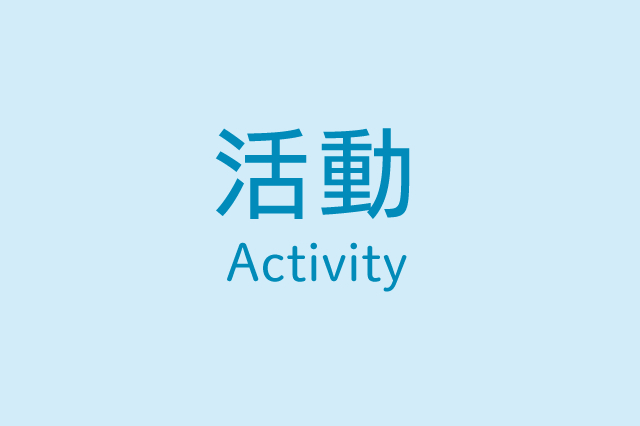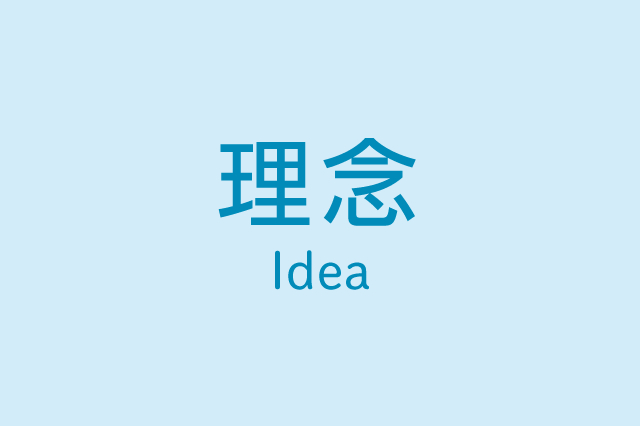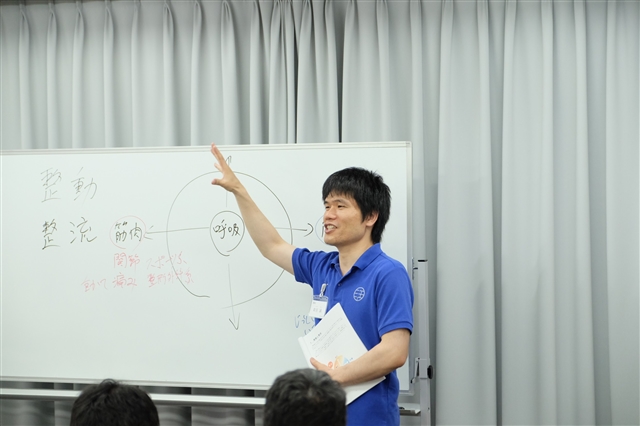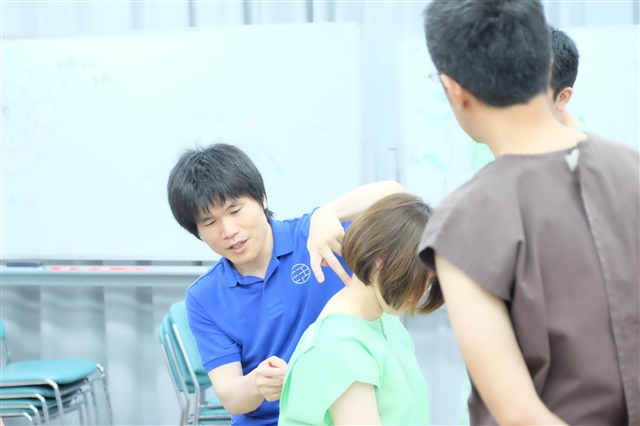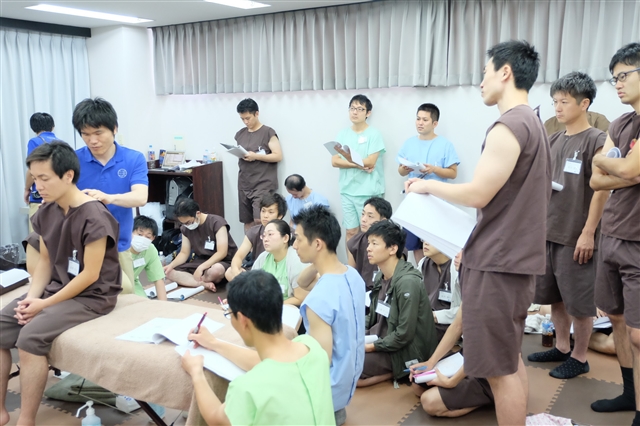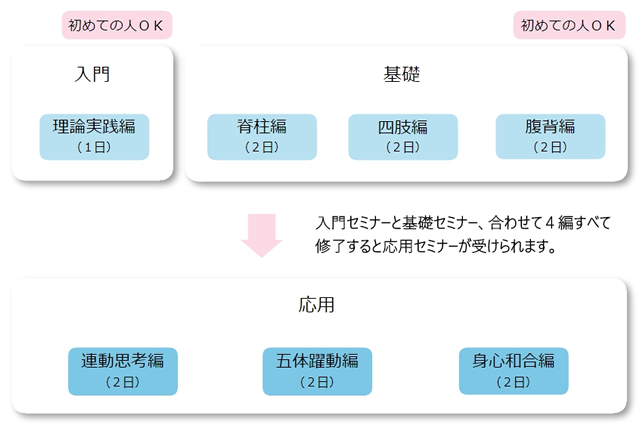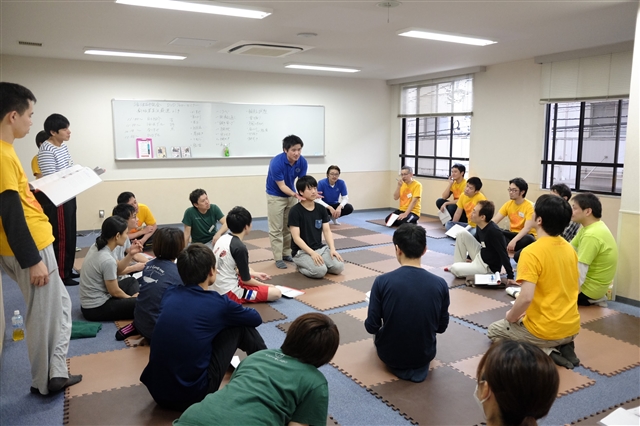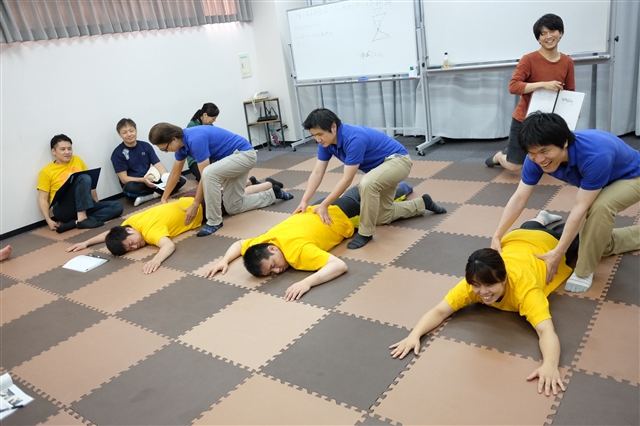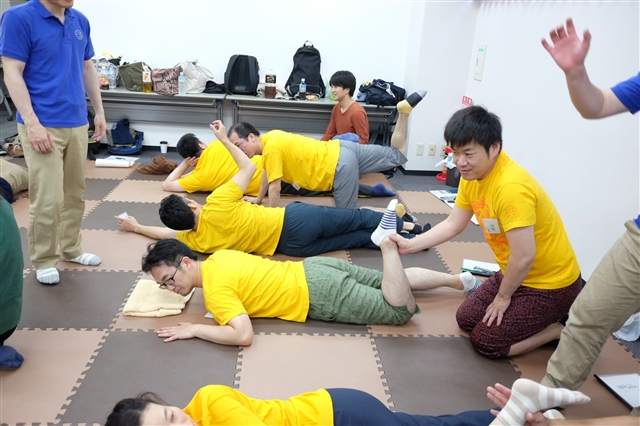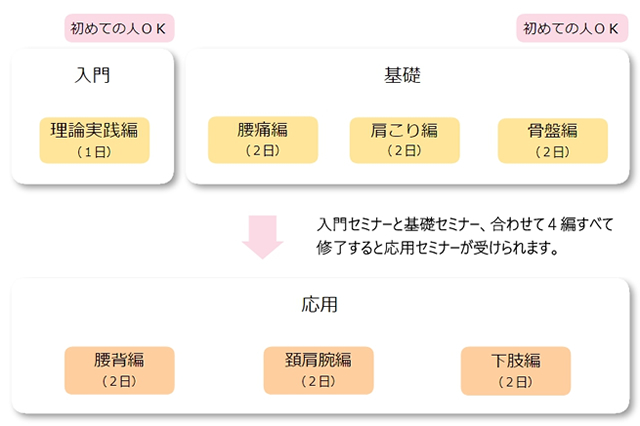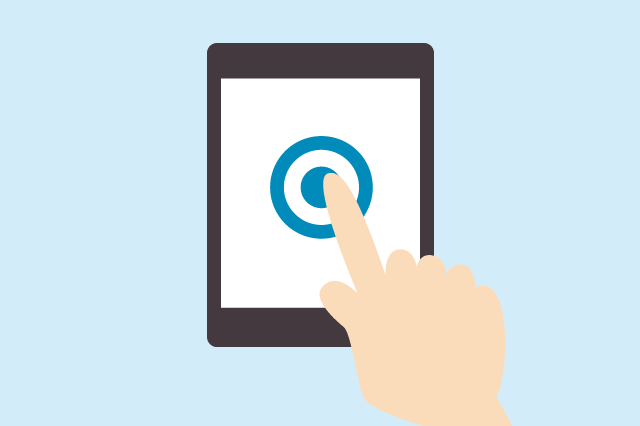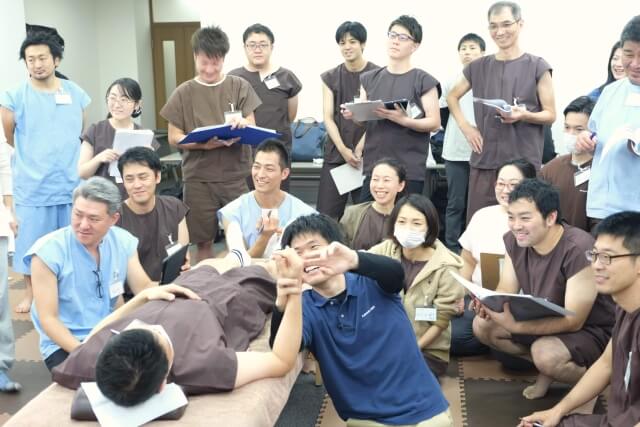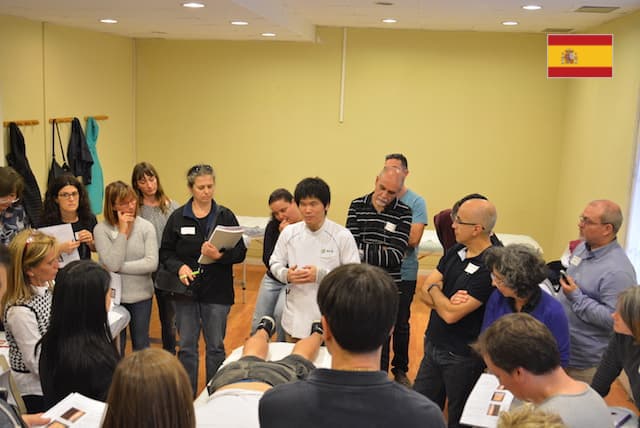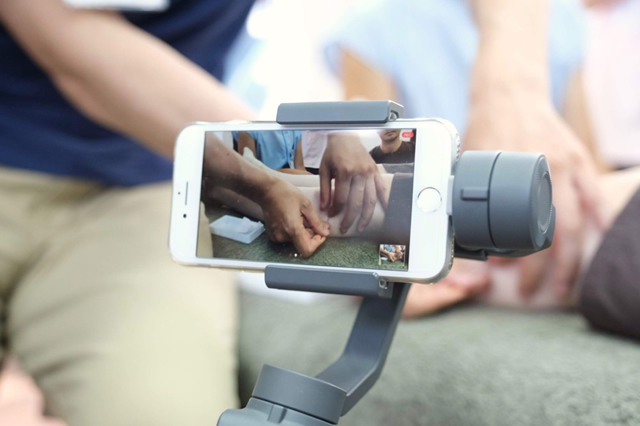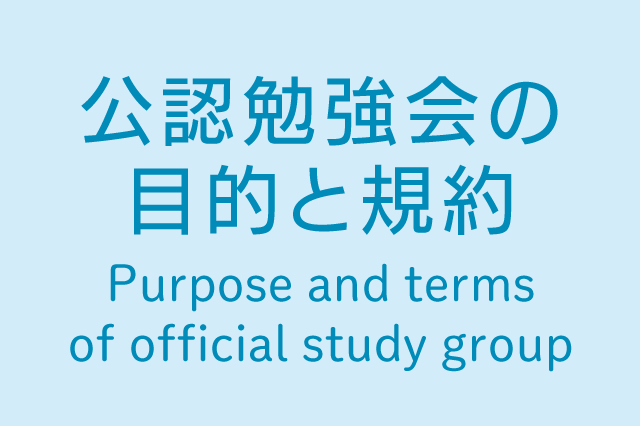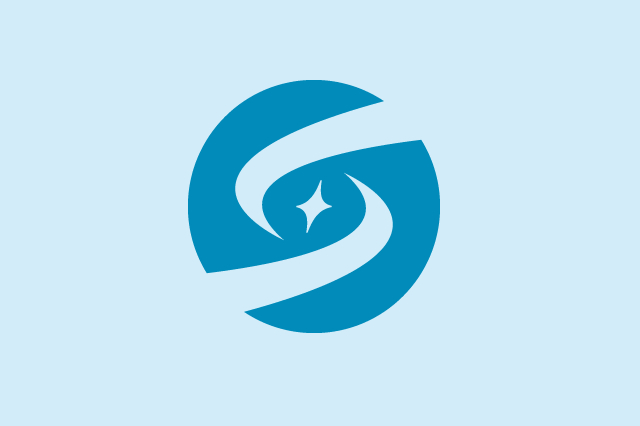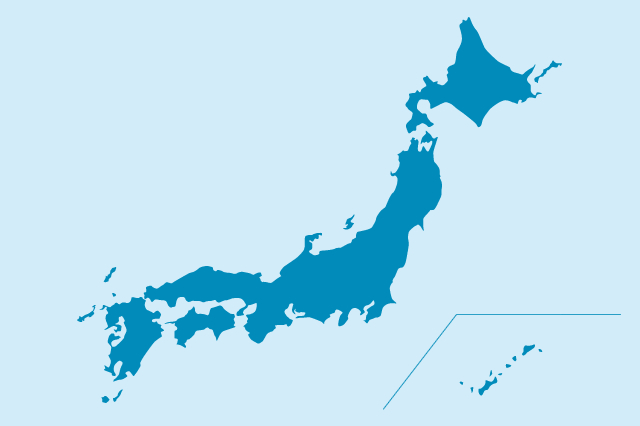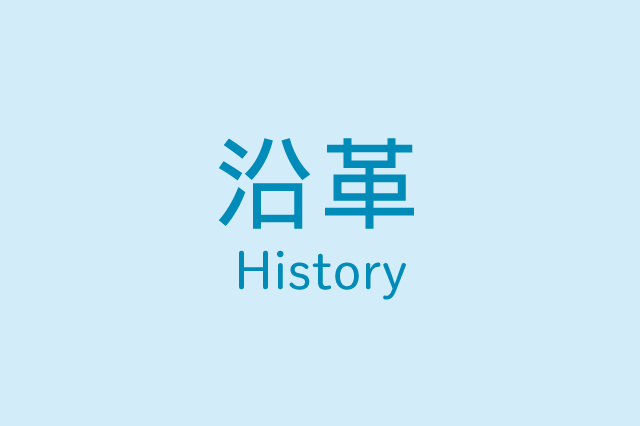Skill and the humanity required for acupuncturists
The theme of this article is a consideration of “what kind of person is suitable as an acupuncturist.” You will meet many kinds of acupuncturists during working as an acupuncturist. Some acupuncturists quit immediately, while others continue for a long time.
I have no intention of stopping acupuncturists who want to quit. But I sincerely hope that acupuncturists who do not want to quit but are forced into a situation where they have to stop will stay the course. You may be mistaken if you think you are not suited to be an acupuncturist.
We can take countermeasures if we know how to judge suitability. We can prevent the outflow of excellent human resources.
So, let’s get right into the discussion.
Three Elements of Success for Acupuncturists
The elements of success are often broken down into three categories: technique, marketing, and humanity. You will see what specific efforts are needed by carefully delving into each.
In this article, I will focus on the third one, “humanity,” and delve into it. The opinion: “humanity is the most important” stands out among acupuncturists. I think the reason is that “it is a profession that touches people’s bodies…” However, it is not only acupuncturists that are required for their humanity. Even in a job that does not involve direct body contact with clients, humanity is needed to build relationships with superiors, subordinates, and co-workers. Therefore, humanity is essential not only for acupuncturists but all.
Six Elements Comprising Humanity
Before we dig into that topic, we need to consider what the people using the term “humanity” mean. I have tried to lay them out using my full imagination.
(1) Hospitality
(2) Communication
(3) Personality
(4) Appearance
(5) Charisma
(6) Human ability
We narrow down where the issues lie by dividing the issues into these categories. There is also the category “compatibility,” but we have intentionally left it out because compatibility is something that the patient says, not us.
If we talk about compatibility, we should consider that there is a mismatch at the stage of attracting patients. It is courteous to disseminate information that does not misalign the patient’s expectations. Exaggerated catchphrases and surrounding them with anxiety are far from marketing.
Let us return to the subject and consider the five elements individually.
1) Hospitality
In Japanese, it is “Omotenashi.” I believe acupuncture clinics are where a high level of hospitality is required. Those who become acupuncturists are inherently highly hospitable.
Two things can be a problem. One is deliberate hospitality. If you do it for business, the patients will know your intention and leave you. So it is better not to polish hospitality for money or business.
So, what is the best way to think about it? It is for ourselves. Hospitality will always come back to you. I call this the “hospitality reflex.” Hospitality and compassion for patients will always come back to you.
Therefore, hospitality should be honed for “making work pleasant.” Even if sales do not change, the working time will become more pleasant, which means your life’s value will increase.
(2) Communication
Conversationalists are also good at chatting during clinical sessions. But don’t be under the illusion. Having a good conversation is one thing; having that clinical value increase is another. A pleasant conversation can give the illusion that we achieve both.
Patients receive treatment because they want to get better, so essentially, the treatment is evaluated. If we do not polish our skills in terms of communication to facilitate the treatment, we may swing and miss.
I also believe that the core of communication in acupuncturists is not in our mouths but in our hands. There is a saying that “the eyes speak louder than the mouth,” but “the hands speak louder than the eyes.”
Patients can feel our personalities by the way they touch them.
(3) Personality
We may not be able to change our innate personality, but we can change our lightness and darkness. Think of a photograph. If you correct the brightness, the impression is different even same scenery is in the picture.
Unnamed design
Brighter is not always better. There is a proper brightness. If our brightness is not adjusted to the patient’s, it will dazzle the patient. Sometimes, somebody is so excited that it makes us feel tired.
I set the brightness one level higher than that of the patient. The specific adjustment is made by the volume of the voice. I consciously set the volume of my voice a little higher than that of the patient.
(4) Appearance
We should make the best of what we can do. It goes without saying that we have to take care of our appearance. For example, I do not wear any accessories. The most important aspect of an acupuncturist’s appearance is cleanliness.
(5) Charisma
I think that those who say, “Humanity is important,” are aware of the power of talent or are utilizing it. However, I disagree with the statement, “Humanity is more important than technique.” Even if you attract patients with charisma, you cannot save them with no skill. The situation of “being popular despite lack of skill” is not unique to acupuncture.
(6) Humanity
There is a word “human power,” which is very similar to “humanity. I think it is important, but it is vague as it is. I have tried to put it in other words and come to the conclusion that it is based on “a stable spirit. As the saying goes, “A sound mind is in a sound body,” the foundation is a stable physical condition. So the most important thing is to take care of the basics: eating, sleeping, and moderate exercise.
The Problem of Compatibility
Once again, about compatibility. We sometimes see the comment, “Compatibility is important.” That is true, but as I said before, I do not say this because this is what patients say, not us.
What I want to distinguish is “human compatibility” and “compatibility with your specialty.”
I have no control over the former, but since this is not about making friends, I do not consider it an issue. As long as the relationship is through technique, the compatibility issue will never be 100%. My personal feeling is that if it does affect you, it is 10% at most.
The latter does not become a problem as long as we offer appropriate information. In attracting customers, we must be careful not to misalign patient expectations.
How to build trust
I place importance on three things.
(1) The courage to say, “I’m not sure.”
When I was fledging, I thought if I didn’t know something, I would not be trusted. So I tried my best to make up an answer to any question that came up. Now it is different. I don’t hesitate to reply, “I wonder why,” “I’m not sure,” or “That’s mysterious.”
Now, I consider professionals are those who can honestly say they don’t know. The more you know and can do, the more you can honestly say, “I don’t know.”
(2) The best choice
There was a period when I wondered how I could be trusted. In the early days, I thought I would be trusted if I got cured, and I tried my best to gain trust for the effectiveness of my treatment. But I was only half right.
Trust is created when the patient convinces that “I’m making the best choice.” Therefore, if you think it is not the best choice, showing other options will lead to trust. If a patient who has been coming to your clinic wonders if it is an excellent choice to continue coming to your clinic, you should suspect that your trust is diminishing.
(3) A small prediction.
“Will my symptom be gone?” you will be asked. I understand the mind behind the question. And if I could, I would like to answer, “Yes, it will!” However, it would be irresponsible to give a reflexive answer. Therefore, I do what I call “small foresight.”
This is to inform patients in advance of what is likely to happen as a result of the treatment. Even if we don’t know whether the patient will get better or not, we can guess the changes that will occur immediately after the acupuncture treatment. We can also predict what is likely to happen the next day.
The “cure” is an extension of the change. However, when you think about it, the definition of “cured” is ambiguous. It is not uncommon to have a situation where a doctor tells you, “you are cured,” but you still have pain. This means there is a discrepancy between what the medical practitioner tells the patient that the patient is “cured” and what the patient perceives as “cured.”
In other words, “cured” is ambiguous as an indicator. After realizing this, I used “change” as an indicator. I include the patient’s subjective feeling of “it doesn’t hurt as much as it did before” as an indicator of change. If possible, the change in range of motion should be objective, but it can be used in limited situations.
(4) Ideal technique
The ideal technique is that it is easy for patients and us to perceive the immediate posterior change because it is easy to make small predictions. If you feel a difference immediately after acupuncture, no one will doubt that the change is caused by acupuncture. What is more, it is easier to convey the acupuncture treatment’s value. We need to make efforts to bring the value of acupuncture to our patients, but it is not only about the ability to explain. It is also crucial to have the skill to convey the value of acupuncture to patients.
People who take that every acupuncturist is skilled for granted
There is no end to the pursuit of technique. But also, there is nothing that indicates sufficient skill capacity. When you think you have enough skill capacity, your progress stops, and regression begins.
Many people in the consulting business take that every acupuncturist is skilled for granted, and they talk to us with the logic that “acupuncturists are only pursuing technique and lack marketing skills, so they do not gain recognition from society.” I understand the importance of a marketing perspective, but I would do my best to ask, “What is the skill that every acupuncturist has?” I would ask with all my might.
People often ridicule the pursuit of technique as a form of complacency. In fact, it takes time to bring in money. But that does not mean that the minimum is enough. Regardless of whether it brings in money or not, the attitude of striving for skill improvement is the quality of an acupuncturist.
July 11, 2023Categories:SEIDOacupuncture





